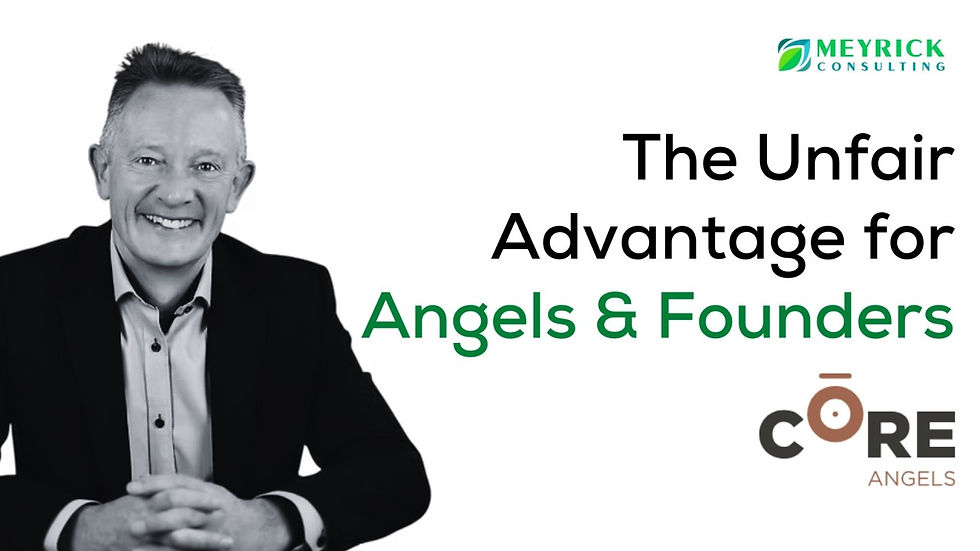The impact of ESG on recruitment within the Food & Ingredients sector
- Meyrick Consulting

- Jul 20, 2021
- 3 min read

By 2030 we will undoubtedly look back at 2020-21 and see that it was pivotal on so many levels. Notwithstanding the pandemic and all its associated challenges but Environmental, Social and Governance issues are increasingly part of organisational culture. So, by 2030 we will look back and see this time as a modern-day Dark Age where we still burned fossil fuels, did not wholly adopt social responsibility, and experienced increasingly dramatic climate events.
I mention this because I have been witnessing a trend in private sector recruitment
This is true especially within the food and ingredients sector in which I operate. Executive recruitment is being transformed one role at a time. I have written on many occasions about the two-way nature of any new hire. People no longer have the same awe and innate respect for companies as they did fifty years ago. These days, it's not necessarily a privilege per se for someone to be offered a role in a large corporation.
Nowadays, management structures appear to have flattened in parts

People expect their voices to be heard. Certainly, in terms of social media and brand advocacy they want to work for a company of which they can be proud and that stands up to scrutiny. If you want your people to talk positively about your company, they need to believe in it, be prepared to promote it and also defend it should there be cause.
Photo: David Wirzba
Candidates are now asking pertinent questions about organisational culture

They want to know what companies are doing to play a significant role within the world at large. Do you allow staff to give time to local charities for example? Do you encourage community participation? What is your policy on social responsibility at large? It’s these things that make a difference. Reducing carbon emissions, tackling waste, improving and developing product processes and so on, mean that employees will be keen to tell people about what they are a part of, and this kind of advocacy is priceless in so many ways.
Photo: Neil Thomas
Of course, ESG plays a bigger role month on month to a firm’s reputation.
It also impacts on financial performance and will be poured over by a variety of stakeholders and that includes the workforce. Strangely this group has been largely overlooked. Employees are an essential group and bearing in mind that by the end of this decade 72% of workers will come from thew Millennial and Gen Z cohorts they place a much greater emphasis on environmental and social concerns.
Therefore, in effect this is a double win.

A company or organisation can do good, be seen to contribute and also increase the attractiveness of the company. This means such companies end up with a recruitment advantage that cannot be bought or fudged. ESG is a very important part of organisational structure and policy already. This will only continue to develop. How ready are you to embrace it? Without a robust set of policies candidates may well vote with their feet. In an industry niche that is already struggling with some significant skills shortages this does not appear to be a sound risk management strategy.
Photo: Praveen kumar Mathivanan
To Conclude
When I undertake executive recruitment projects, I become your ambassador and create high quality role brochures and sell your opportunity to key potential candidates. If you would like to see examples of the collateral, I can create for you, then please do organise a chat with me and let’s see if we can find the right fit for your next key leadership role and develop that competitive advantage when recruiting new staff.





Comments